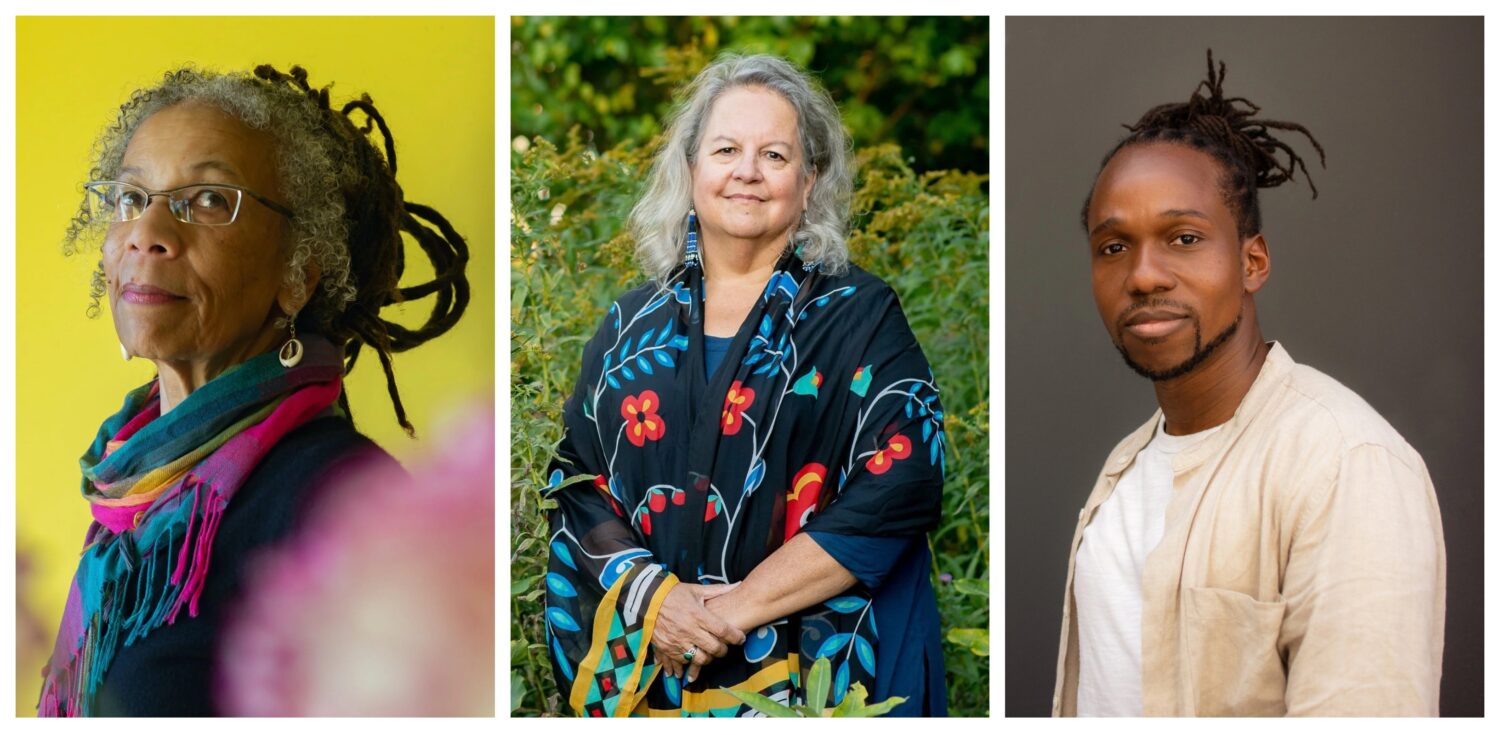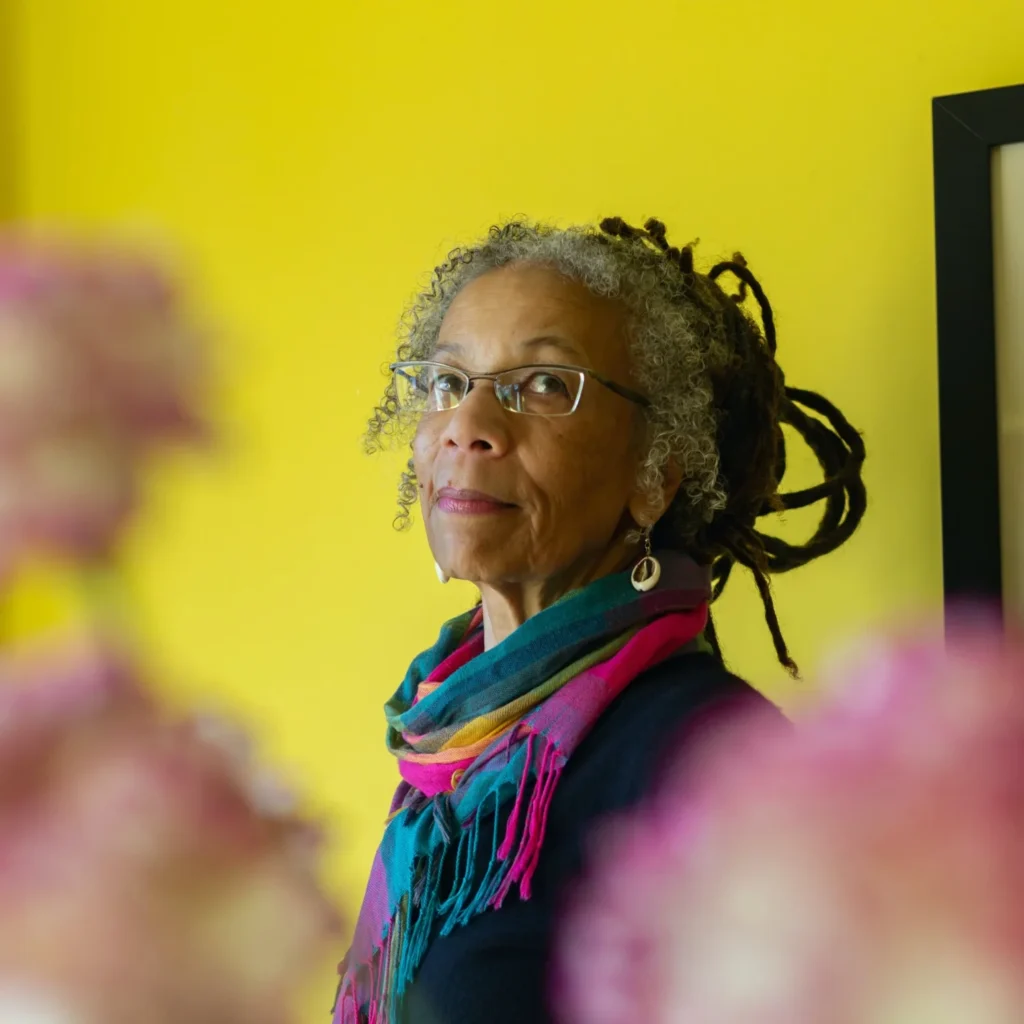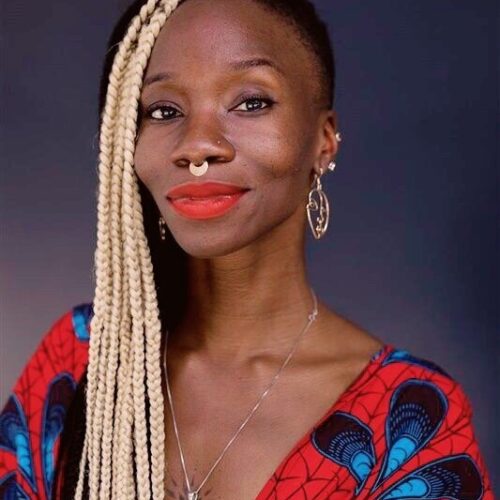
Madison’s largest annual conference for restorative justice returns as YWCA Madison will host its 23rd annual Racial Justice Summit Sept. 25-26.
The summit started initially as a luncheon, as a realization that a centralized avenue for professionals working in the various fields of restorative justice was needed. It has continued to grow and now has two full days of activities and around 1,000 people attending annually, as it remains a signature event for YWCA Madison. This year’s theme for the 2025 Racial Justice Summit will be “Get Together: Becoming the Liberation Ecosystem.”
The summit will be geared towards building a more interconnected ecosystem to “disrupt violence and attend to harm in our community and planet, while also unapologetically dreaming, re-imagining and seeing for the liberated and racially just future we dream of bringing to life,” YWCA Madison said.
It is guided by its four “Pillars of Practice”: solidarity, abolition, mutual aid and repair. The pillars are aimed to be central to discussions of dismantling colonial thinking and decolonizing yourself.
“It’s from those conversations, that’s where the theme of ‘Get Together: Becoming the Liberation Ecosystem’ came to be, and then grounding that into ‘What does that mean? What does that look like?” said Gery Paresdes Vásquez, CEO of YWCA Madison. “The theme is not really so much a slogan, but it’s actually present right now with each other on the ground at this particular time in our lives, in this particular time in history that needs to be tended to.”

Ruth Wilson Gilmore, one of the featured speakers for the summit, is the inspiration behind pillars like abolition. Gilmore is a professor of Earth & Environmental Sciences, and American Studies, and Africana Studies at the City University of New York Graduate Center, where she served as director of the Center for Place, Culture, and Politics from 2014-2024. Her work has often discussed liberation, abolition and the carceral system.
At the summit, YWCA hopes to use her expertise in discussions on what is beyond the 2020 uprisings — the period of racial unrest following the murder of George Floyd.
“For years, we’ve been hoping to connect with the work of Ruth Wilson Gilmore, who we see as the OG guide on abolition,” said Libby Tucci, director of learning and movement building at YCWA Madison. “We have to be able to know how… what it’s like to practice being in community in a way that isn’t based in punishment, that isn’t based in absencing, that isn’t based in surveilling each other.”
Each speaker builds on that sense of creating the new ecosystem together. Another featured speaker, Muarice Mitchell, will speak on his work with families and collective democracy that is more with the people rather than for those in power.
Mitchell has been working strongly with the Movement for Black Lives in Ferguson — where he moved after the murder of Mike Brown — and is a key organizer for the organization in Cleveland. He currently leads the Working with Families Parties, a progressive, multi-racial working-class movement.
The final keynote speaker for the Racial Justice Summit will be Robin Wall Kimmerer, an author and member of the Citizen Potawatomi Nation. Her work is centered on the restoration of ecological communities and our relationships to land.
“All of our keynotes, and even in our future sessions, hold a blend of all four pillars,” said Semaj Sconiers, race and gender equity practitioner with YWCA. “When I think about some of the work of all of the keynotes, I see points of ‘How do we sustain and maintain mutual aid?’ Or think about our mutual aid in a multi-faceted way.”

Adaku Utah, the senior manager of Movement Building Programs at the Building Movement Project, where she works with organizations on short-term rapid-response efforts and long-term projects to deepen solidarity within and across networks and ecosystems, will be the featured practitioner for the in-person day of the summit.
The Racial Justice Summit doesn’t just bring out speakers from across the country. It prides itself on bringing out experts throughout Wisconsin to have conversations that feel at home with the work attendees do. Multiple sessions will feature local speakers to guide conversations on its theme.
The Racial Justice Summit will be held both virtually and in person. The virtual session will take place on Thursday, Sept. 25, 9 a.m.-4:30 p.m. The in-person sessions will take place Sept. 26, 9 a.m.-4:30 p.m. at the Monona Terrace Community and Convention Center, 1 John Nolen Dr. An after-party will be held on the Monona Terrace rooftop Sept. 26, 5-8 p.m.
A full schedule of sessions can be found on the Racial Justice Summit website.



